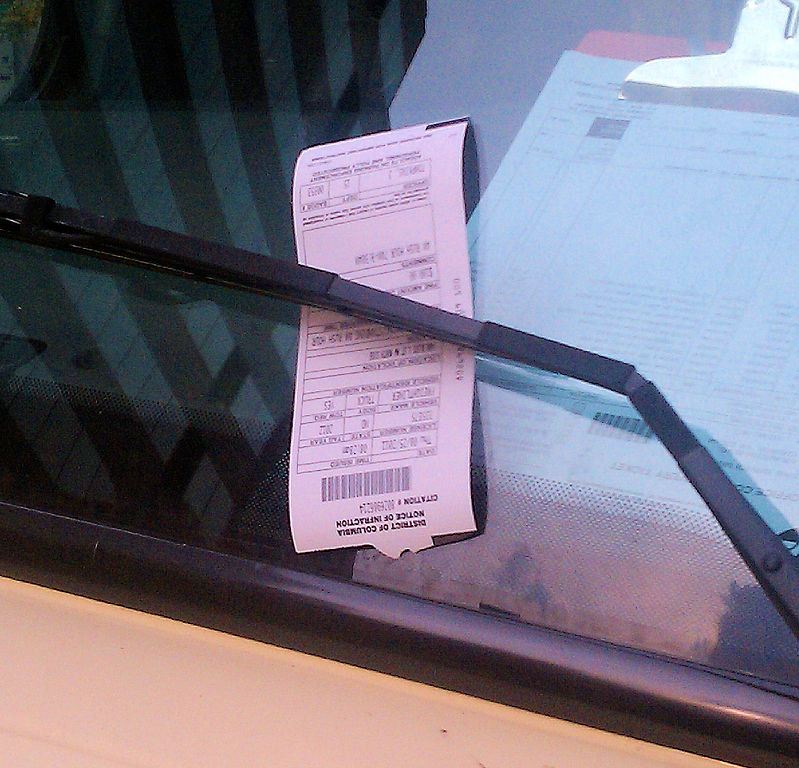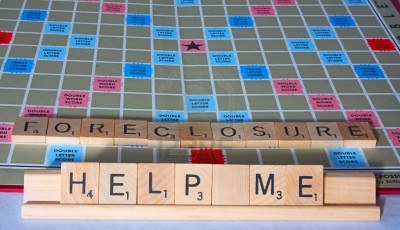 New Jersey imposes an estate tax on assets passing to any beneficiary other than a surviving spouse. The New Jersey exemption amount is $675,000, meaning that a decedent whose estate exceeds $675,000, and whose assets are to be inherited by any individual other than a surviving spouse, is subject to New Jersey State estate tax. While both spouses are entitled to an exemption amount of $675,000, careful planning is required to take full advantage of both spouses’ exemption amount and shield $1,350,000 from taxes when it is passed to the next generation.
New Jersey imposes an estate tax on assets passing to any beneficiary other than a surviving spouse. The New Jersey exemption amount is $675,000, meaning that a decedent whose estate exceeds $675,000, and whose assets are to be inherited by any individual other than a surviving spouse, is subject to New Jersey State estate tax. While both spouses are entitled to an exemption amount of $675,000, careful planning is required to take full advantage of both spouses’ exemption amount and shield $1,350,000 from taxes when it is passed to the next generation.
A disclaimer trust is an excellent vehicle for married couples to ensure that their heirs can maximize their exemptions. This trust can be included as a provision in both spouses’ wills. It provides that the trust will on be funded upon the death of first spouse if the surviving spouse executes and files a valid and proper disclaimer within nine months of the spouse’s death. It is important that the surviving spouse does not exercise any control over the assets being disclaimed after the decedent’s death. There are a number of factors to consider when deciding whether to disclaim assets and thereby fund the disclaimer trust, including the value of the estate, the age of the surviving spouse, the health of the surviving spouse and the current status of estate tax law. A disclaimer trust provision in a will is flexible and allows the surviving spouse to decide whether or not to fund the trust. However, if the decedent’s will does not contain the necessary provisions, the surviving spouse does not have the option to fund the trust and minimize future New Jersey estate taxes for the next generation.
The terms of the disclaimer trust are usually that the surviving spouse is entitled to all of the income from the trust during her lifetime, and the surviving spouse also has the right to access the trust principal for her health, education, support and maintenance. Distributions in excess of that are not automatic and require the agreement of the co-trustee. Typically, upon the surviving spouse’s death, the couple’s children become the trust beneficiaries.
Continue reading
 New Jersey Lawyers Blog
New Jersey Lawyers Blog









 New Jersey homeowners who file for chapter 13 bankruptcy protection may be able to cease paying their second mortgages if their homes are “underwater.”
New Jersey homeowners who file for chapter 13 bankruptcy protection may be able to cease paying their second mortgages if their homes are “underwater.”